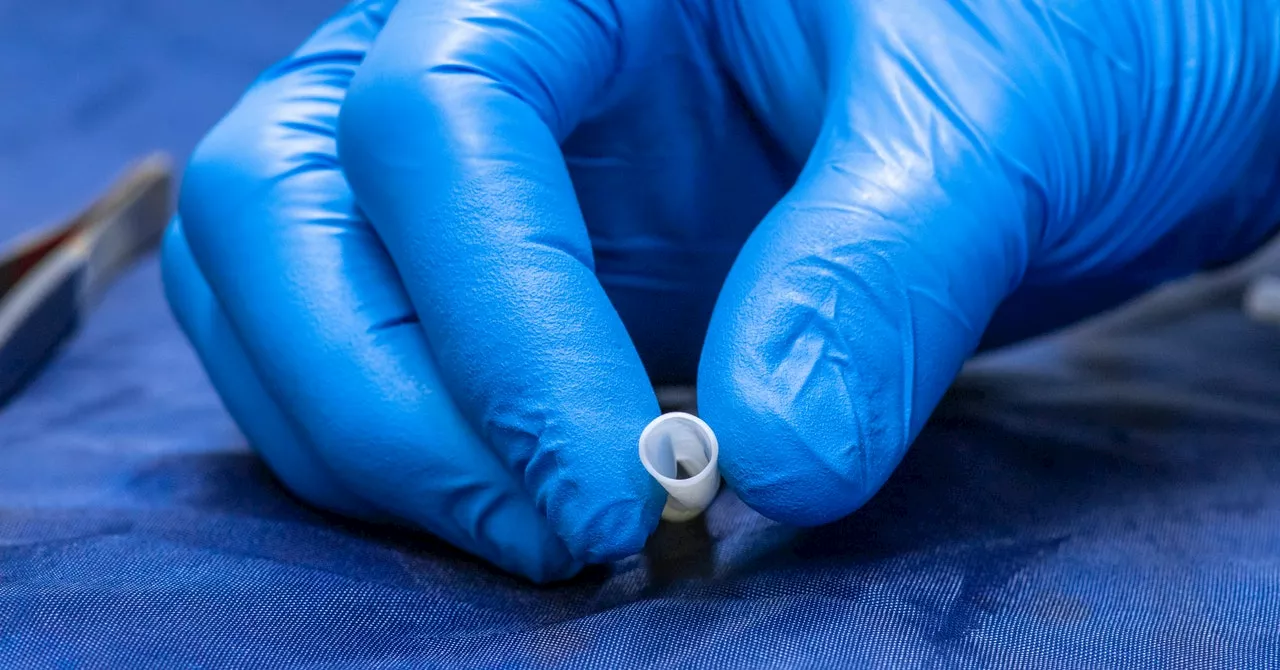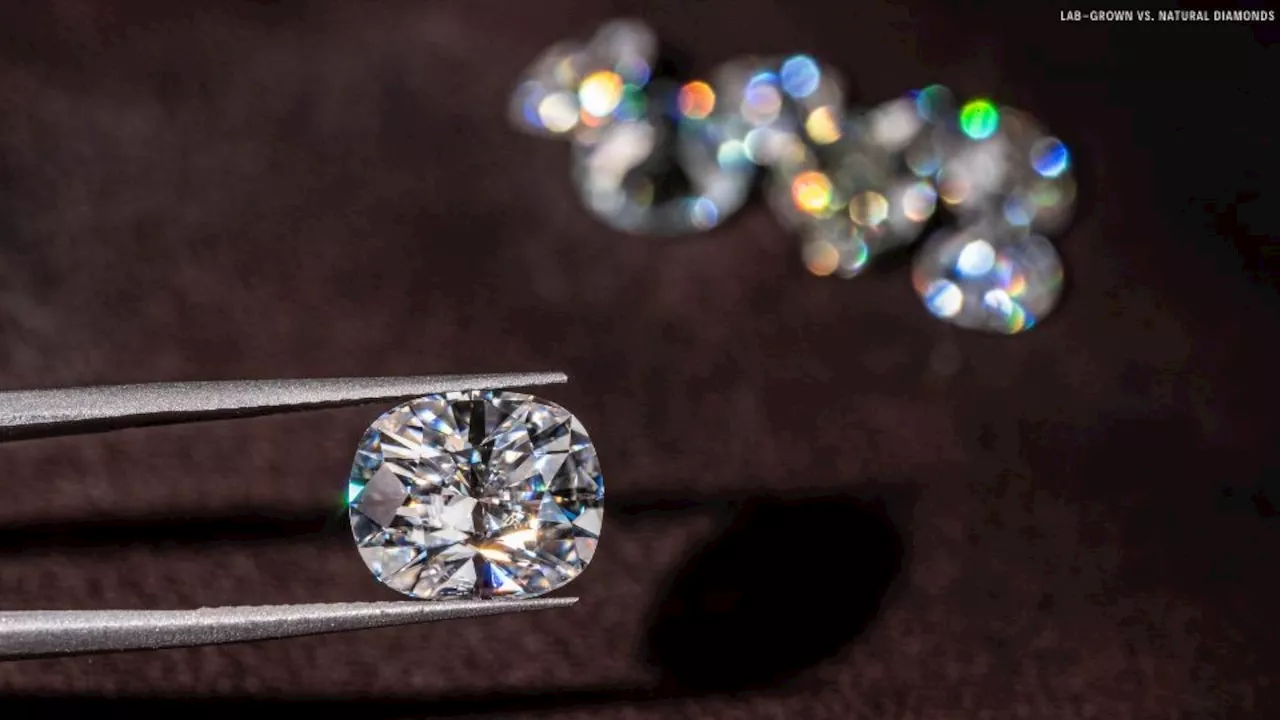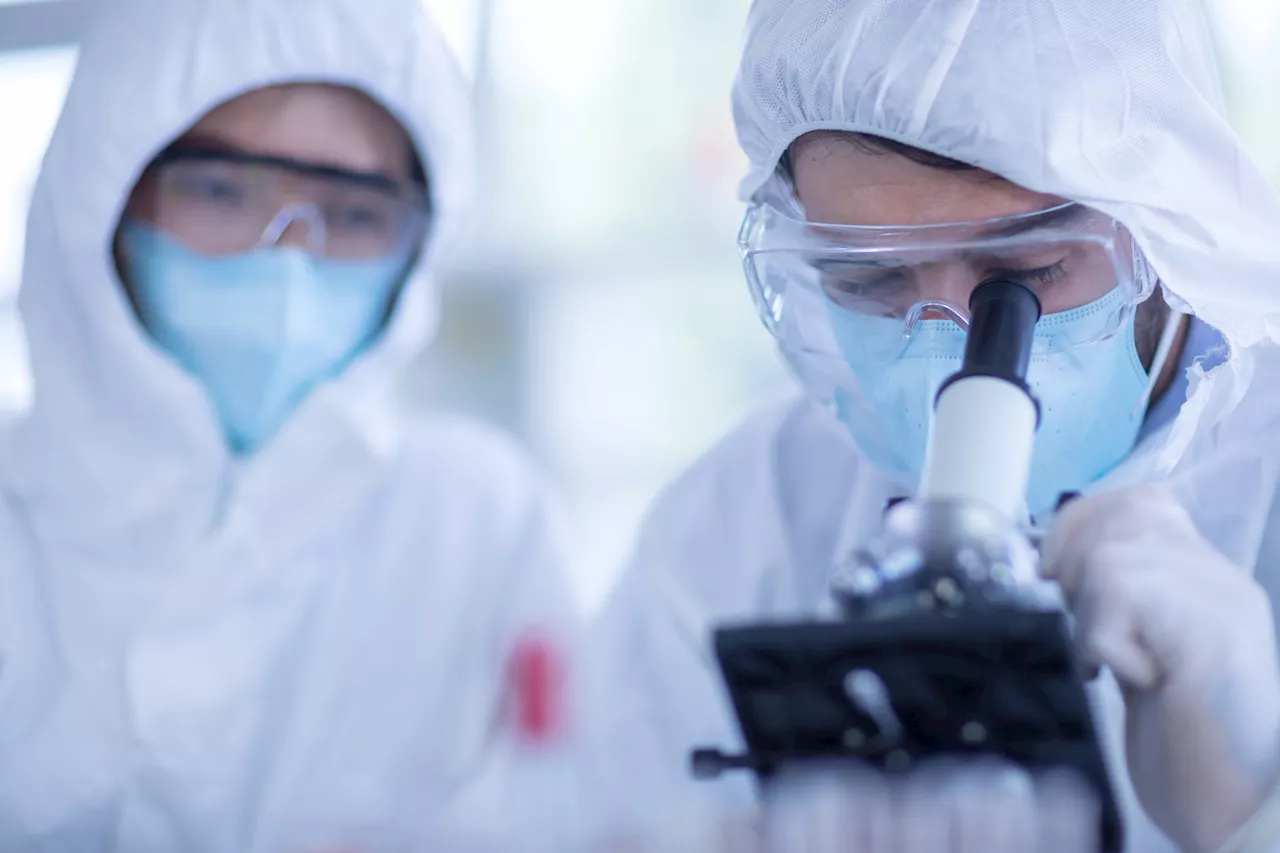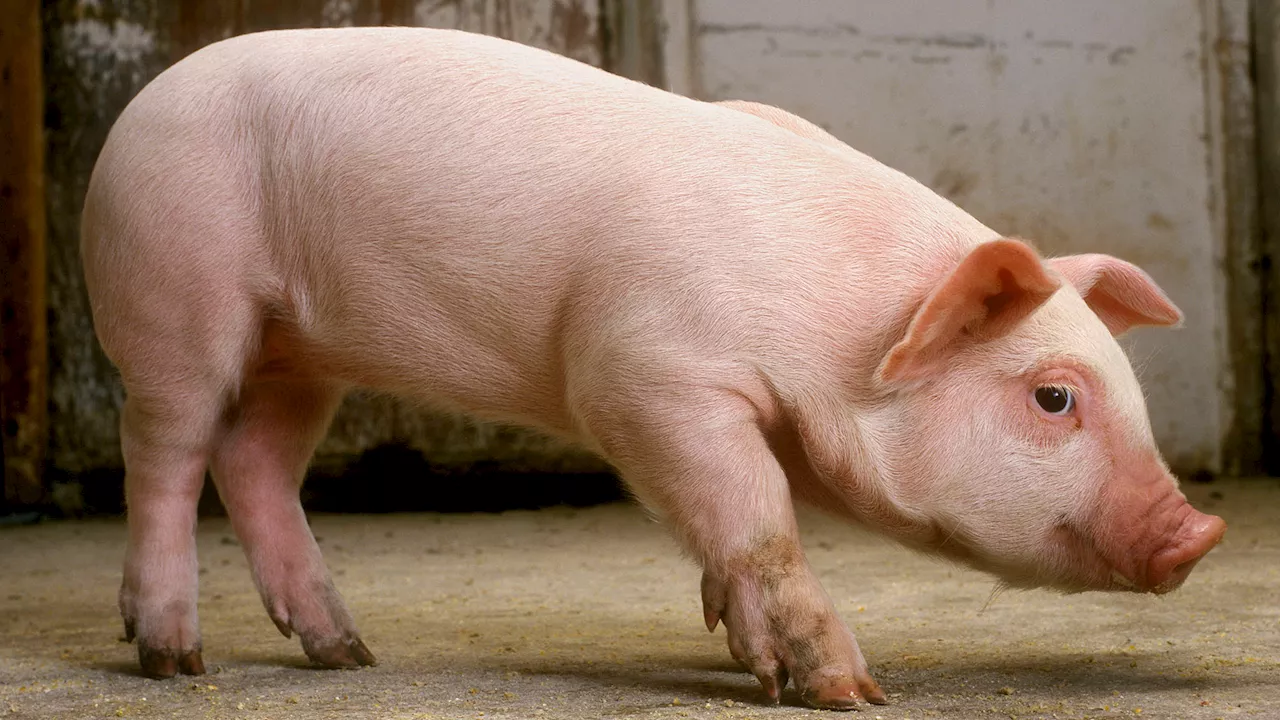Researchers have successfully cultivated lab-grown human teeth cells within pigs' mouths, marking a potential breakthrough in the field of bioengineering. This development could pave the way for biological tooth substitutes in the future, addressing the limitations of synthetic dental implants.
ArticleBody:For the past two decades, scientists have been manipulating genes to grow human cells where you wouldn’t quite expect them. Human ears and skin have famously been grown on mice. More recently, early-stage human kidneys have even been grown in pig bellies. The world of bioengineering isn’t for the faint of heart. Much of this tinkering is done in the service of one day using genetically modified animals to create spare organs and tissue for human patients lacking access to donors.
Repeated chewing on misaligned synthetic teeth can cause damage to the jaw bone and eventually cause the implants to fail. Bacteria on the implant can also lead to potentially dangerous infections. Natural teeth, by contrast, don’t need to be drilled and are instead tethered to the jaw via ligament tissues, which can, in theory, reduce the risk of jaw damage down the line. That’s where the idea of growing natural teeth in pigs comes in.
BIOTECHNOLOGY DENTISTRY GENETIC ENGINEERING ORGAN REGENERATION ANIMAL MODELS
United States Latest News, United States Headlines
Similar News:You can also read news stories similar to this one that we have collected from other news sources.
 This Blood Vessel Was Grown in a Lab With Real Human CellsThe FDA recently approved a bioengineered blood vessel, which becomes part of a patient’s body over time. It’s designed to help treat victims of traumatic injuries.
This Blood Vessel Was Grown in a Lab With Real Human CellsThe FDA recently approved a bioengineered blood vessel, which becomes part of a patient’s body over time. It’s designed to help treat victims of traumatic injuries.
Read more »
 Lab-grown Diamond Jeweler Unsaid Opens Carbon-neutral Flagship in ParisLab-grown diamond jeweler Unsaid is aiming for carbon-neutral certification for its first flagship in Paris, as it plans to open 30 doors in 2025.
Lab-grown Diamond Jeweler Unsaid Opens Carbon-neutral Flagship in ParisLab-grown diamond jeweler Unsaid is aiming for carbon-neutral certification for its first flagship in Paris, as it plans to open 30 doors in 2025.
Read more »
 Should you choose a lab-grown diamond engagement ring instead of a natural diamond engagement ring?If a lab-grown diamond lasts as long as a traditional, mined diamond and delivers just as much sparkle, then you can save thousands by opting for a lab-grown kind of gem.
Should you choose a lab-grown diamond engagement ring instead of a natural diamond engagement ring?If a lab-grown diamond lasts as long as a traditional, mined diamond and delivers just as much sparkle, then you can save thousands by opting for a lab-grown kind of gem.
Read more »
 Lab-Grown Heart Patches Offer Hope for Heart Failure PatientsScientists are exploring the use of lab-grown heart muscle patches as a potential treatment for advanced heart failure. Early results from human and monkey trials show promise, with the patches appearing to support heart function safely. While long-term effects are still unknown, this innovative approach could provide new hope for millions affected by this serious condition.
Lab-Grown Heart Patches Offer Hope for Heart Failure PatientsScientists are exploring the use of lab-grown heart muscle patches as a potential treatment for advanced heart failure. Early results from human and monkey trials show promise, with the patches appearing to support heart function safely. While long-term effects are still unknown, this innovative approach could provide new hope for millions affected by this serious condition.
Read more »
 Lab-Grown Babies: The Future of Parenthood?Scientists are on the verge of growing human eggs and sperm in a lab, potentially revolutionizing fertility treatment and allowing same-sex couples to have biological children. The Human Fertilisation and Embryology Authority (HFEA) is exploring the ethical implications and potential benefits of this groundbreaking technology, known as in vitro gametogenesis (IVG). While promising, IVG raises concerns about 'solo parenting', 'multiplex parenting', and the potential for genetic screening.
Lab-Grown Babies: The Future of Parenthood?Scientists are on the verge of growing human eggs and sperm in a lab, potentially revolutionizing fertility treatment and allowing same-sex couples to have biological children. The Human Fertilisation and Embryology Authority (HFEA) is exploring the ethical implications and potential benefits of this groundbreaking technology, known as in vitro gametogenesis (IVG). While promising, IVG raises concerns about 'solo parenting', 'multiplex parenting', and the potential for genetic screening.
Read more »
 Scientists Assemble Final Chromosome in Synthetic Yeast, Marking Major Step Towards Creating Lab-Grown LifeResearchers at Macquarie University have successfully built the complete synthetic chromosome for a yeast organism, a milestone in the quest to create synthetic life in the lab. This achievement, the first of its kind for a eukaryotic genome, opens possibilities for developing disease-resistant foodstuffs and exploring applications in sustainable materials and medicine.
Scientists Assemble Final Chromosome in Synthetic Yeast, Marking Major Step Towards Creating Lab-Grown LifeResearchers at Macquarie University have successfully built the complete synthetic chromosome for a yeast organism, a milestone in the quest to create synthetic life in the lab. This achievement, the first of its kind for a eukaryotic genome, opens possibilities for developing disease-resistant foodstuffs and exploring applications in sustainable materials and medicine.
Read more »
